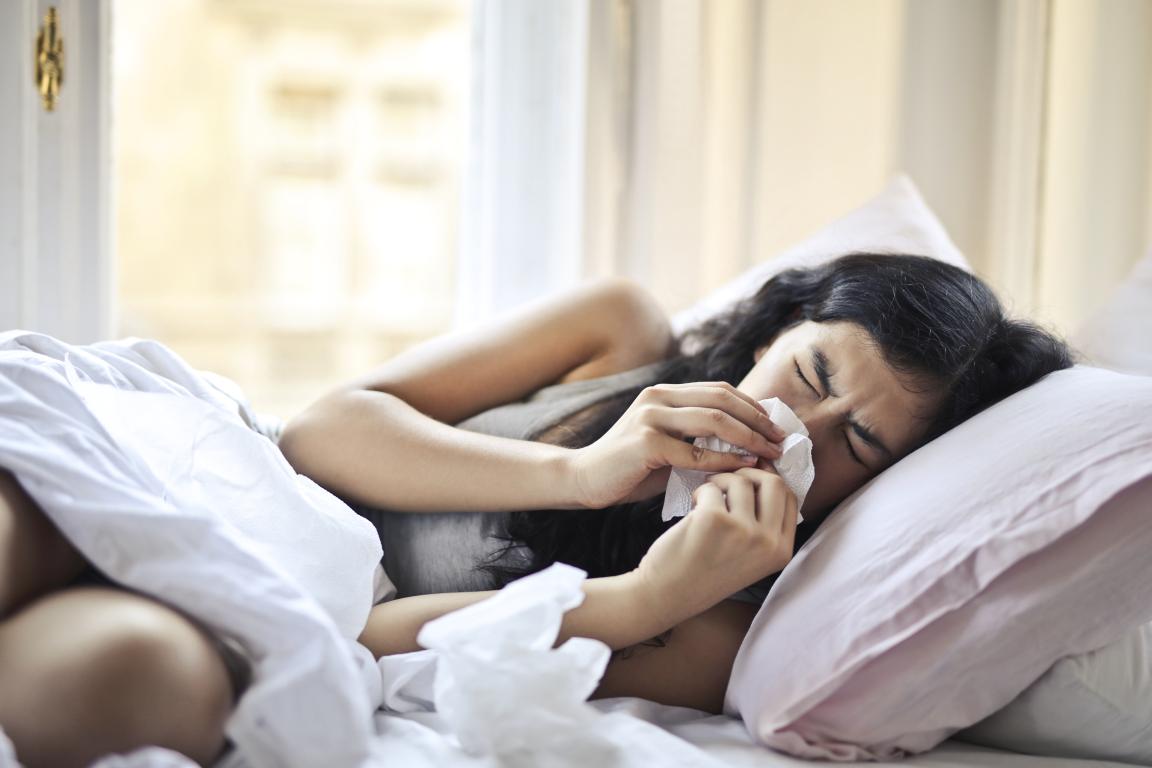
I feel sick or was exposed to COVID-19. When should I test?
Take steps now to prevent possible spread, including staying away from others.
If you feel sick or have symptoms: Get tested immediately.
If you were exposed to COVID-19: Get tested at least five full days after your last exposure – even if you don’t develop symptoms.
Need to go to a testing location?
- Most doctor’s offices offer testing on-site. Cost may vary depending on insurance status.
- If you don’t have a provider, check with your local health department or find a community health center near you. Health centers provide care to patients regardless of ability to pay.
- Some retail pharmacies offer testing, such as CVS Health or Walgreens. Check with the pharmacy on cost.
Understanding My Results
Here’s what you should do if you receive a positive COVID-19 test result:
- Follow current CDC Respiratory Virus Guidelines.
- Tell your close contacts that you have COVID-19.
- Wear a well-fitting mask if you must be around others.
Treatments are available, and research shows they decrease your risk of hospitalization and death — if you get them in time. Don’t wait to see if your symptoms get worse. If you feel sick, even a little, take steps to get treated now. Getting treatment may cost nothing, so there’s no reason to delay.
Note: Seek medical care immediately if you have trouble breathing or experience other warning signs.
While a positive test confirms you have an infection, a negative test only shows that it didn’t detect the virus but does not rule out an infection. So, here’s what you should consider after receiving a negative COVID-19 test result using an at-home test.
If you have symptoms:
- Test again in 48 hours.
- Consider talking with a healthcare provider. You may need to get tested for other respiratory illnesses.
- Follow current CDC Respiratory Virus Guidelines.
If you were exposed to someone with COVID-19:
- Test again in 48 hours.
- If your second test is also negative, test again 48 hours later for a total of three tests.
Resume regular activities if:
- You were tested for another reason, like workplace screening.
- You do not have known or suspected contact with someone who has COVID-19.
- You have no symptoms.
More resources

Download and share our testing guidance flyer
- Prevention actions
- Knowing when to test
- Choosing the right test
More languages: Spanish
More testing flyers to download and share
Still have questions about testing? Visit the CDC’s website for the latest information.
